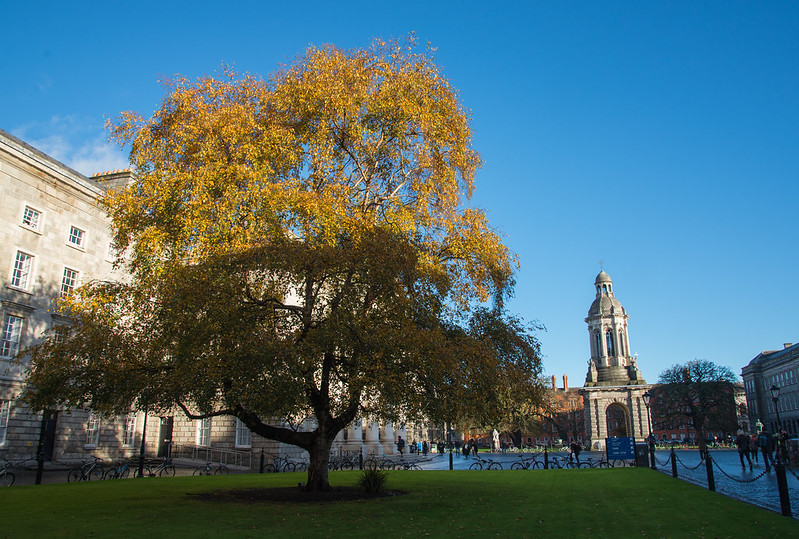Male graduates are paid on average €3,000 more than female graduates in their first job after leaving college, a new survey has shown.
The study, conducted by the Higher Education Authority (HEA), came to its findings without graduate data from Trinity for 2018/19, after College stayed out of a HEA study on third-level inequality last year due to data protection.
It showed that the gender pay gap for under-30s – mostly honours degree graduates – rises to €4,500 when all ages are included.
The figures reflect the earnings of the class of 2018 – for both undergraduates and postgraduates – in spring 2019, nine months after they left college.
The survey shows a breakdown of earnings by gender, postcode, college type and the impact of where in the country the job is located.
The study showed that graduates from more affluent backgrounds were paid an average €2,000 per year more than graduates from disadvantaged areas, although that is reduced to just over €400 in a like-for-like comparison.
Graduates who attended a university or a specialist college earned on average €2,100 more than those who graduated from an institute of technology. This figure was reduced to approximately €690 per year when like for like graduates are compared.
Geographically speaking, those working in the Dublin region commanded a higher salary of on average €37,000 than the west and border regions, where graduates commanded an average annual income of €34,000.
In terms of discipline, ICT graduates were the highest-paid graduates, with an average of €35,600, while arts and humanities graduates were the lowest paid, with an average salary of €25,300 a year.
The survey found an increase in graduate employment between last year and this one, with with 80 per cent of graduates working or about to start a job nine months after leaving college, up from 78 per cent the previous year.
Highest employment rates were among those with the highest education level, with 88 per cent of those with a postgraduate qualification employed, compared with 75 per cent of honours degree undergraduates.
For the class of 2019, there won’t be any comparable data, the study warns, as a result of the coronavirus pandemic.







